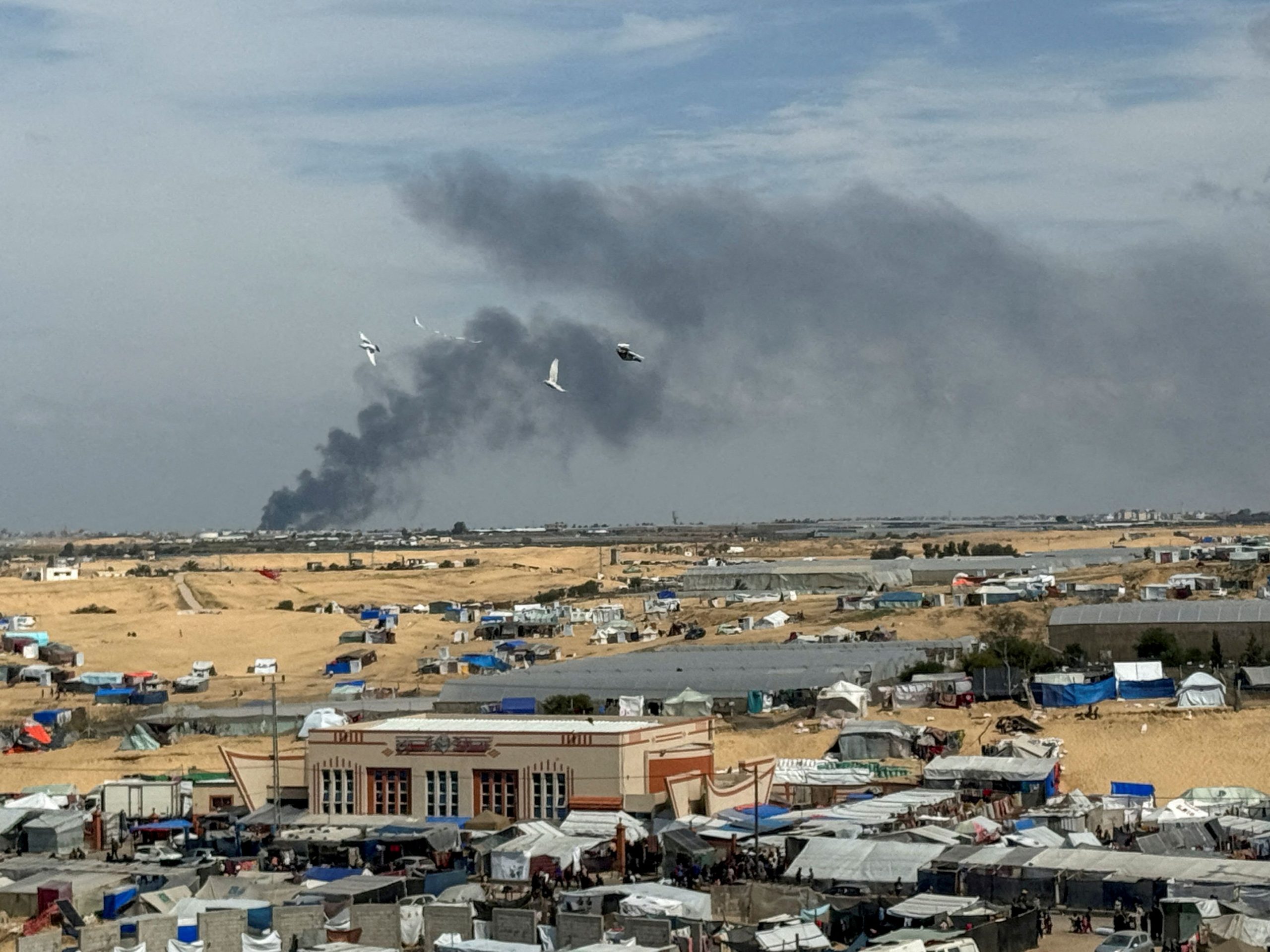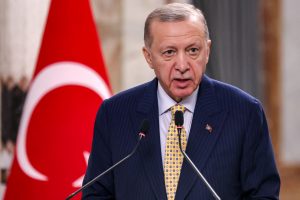Israel’s war with Hamas in Gaza is about to enter its ninth month. Russia’s war with Ukraine is now in its third year. And there are still no signs of normalization or appeasement on the horizon.
Even worse, none of the warring parties appears to have a strategy for exiting crises which, with no prospect of settlement in sight, will just go on killing and destroying. And so the conflicts drag. And though they have not escalated, they continue to fuel an unbearable climate of international instability and uncertainty whose duration and final destination are anyone’s guess.
Many decades ago, faced with an uncontrollable wave of strikes, the French communist leader Maurice Thorez cautioned his comrades that “they must know how to end strikes”. But things are even worse today, because it’s wars that no one knows how to end.
For the simple reason that none of the parties involved seem to have a method in place for ending the war, or a plan for the first day of peace.
Russia is making untenable demands on an opponent who, though under pressure, has neither been conquered nor defeated. While in Gaza, no one knows what picture will emerge from the rubble, once the bombing stops.
So, in the absence of a plan, all sides are betting on the opponent’s collapse. Despite it becoming increasingly clear that collapse, even if it were an achievable goal (which it is not…), is not a solution.
Just as the incoherent and unconditional recognition of a Palestinian state by a distant Madrid, or still more distant Dublin or Oslo, is not a solution. You can’t solve a problem that hinges on coexistence by choosing one side over the other. Especially when you select the more extreme and intransigent side on the grounds that it’s the weakest.
All this would perhaps be of merely academic, or purely diplomatic, interest, were it not fuelling international instability and a generalized global uncertainty. If the conflicts, in other words, had not made themselves felt in our own lives, our own homes, in one way or another. But they have, and the cost has been high . And not only in eastern Ukraine or Gaza; they have also come at a cost to Brussels, too, and to Athens.
A cost that will be felt in the European elections and, after that, in the American presidential election—both of which have the capacity to hike up the levels of instability and uncertainty still further.
For as long, that is, as no one appears capable of ending the wars.








